abuse | abuse is a pattern of using harm (including the threat of harm) to gain and maintain power and control over others.
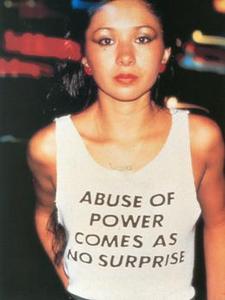
Abuse is not separable from systems. It is, in fact, in large part created and reinforced by them. Abuse is itself is a product of ideology — intimate authoritarianism — and it is the logical conclusion of many of the mainstream messages we all receive about love.
— Lee Shevek
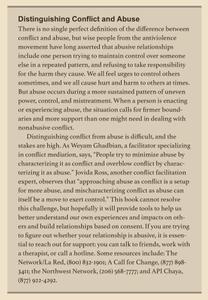
Obviously, other people can and do harm us, regardless of how much we share. But the conditions that alienate us and enable harm are wholly alterable. People are capable of generating social mechanisms and relations that foster safety and understanding within communities. People are capable of overcoming, or at least negotiating, difference for the sake of their common interests, especially in moments of crisis. As the unprecedented flourishing of mutual aid projects during the pandemic has demonstrated, many people respond to communal crisis with generosity and shared concern. The idea that disasters autogenerate panicked, aimlessly violent hordes of people who must be controlled with an iron fist is an authoritarian fever dream. While the powerful would have us believe that frightened people are always selfish and hypervigilant, cooperation and collaborative care are common human responses to disaster.
— Kelly Hayes and Mariame Kaba, 2023
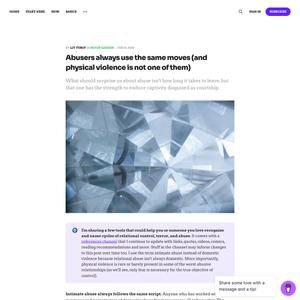
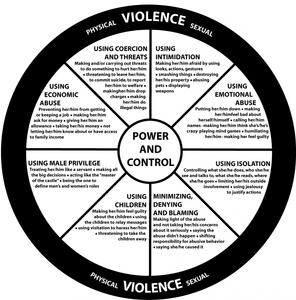
We are told by the powerful that, in times of instability, our fears will bring out the worst in us. In reality, it is the stability of this system that best demonstrates the awesomely destructive power of our fears. Governed by fear, people are largely cooperative with systems that produce torture, mass death, and annihilation. That is the greatest danger that fear poses: not panic amid disorder, but cooperation with an order that we ought to find unspeakable—one that is actually poised to bring about our own extinction. But by building community and cultivating a sense of belonging between alienated people, we can begin a courageous process of dreaming new possibilities into being. We can also invite people to imagine what’s possible by modeling and rehearsing the world as it should be in real time, in the spaces, groups, and relationships that we build.
— Kelly Hayes and Mariame Kaba

Coercive control as a framework can be expanded to understand the tactics and values of all forms of authoritarian control; authoritarianism is domestic abuse on a global scale. A person who does intimate abuse enforces control on an interpersonal scale to dominate a relationship. They use social, and systemic tools to gain that coercive control. Their actions are a mirror of what norms dominate about relationships and authority in their world.
Intimate abuse is not just a personal issue or a mistake—it is an interpersonal form of authoritarian power, reflecting larger systems of control like capitalism, racism, and ableism. It runs on the same the broader logic of authoritarianism: the belief that it’s acceptable to dominate and harm certain people to maintain power over them. This logic is reinforced by social norms and institutions like family, marriage, and the State, which legitimise authority over others. Instead of seeing this kind of harm as individual and...
Oppressors live in constant fear. They did this to themselves, and it will be their very undoing.
[...]
Because oppressors are afraid, they built the world based on that fear. They ensured that generations would be afraid. Now, they will always be afraid. So they build up militaries, surveillance, prisons, police, and borders.
They constructed their entire world this way because they are so afraid. They made a world where they live in constant fear. Oppressors are so afraid, that not only are they afraid of freedom, but they are fearful of our freedom. We can take it back.
After centuries of existing and building in fear, of constructing their world from trembling and being afraid, they now fear everything, even and especially us.
While they built their world against freedom, we built ours fighting for liberation. For us, the People, we have nothing but our liberation ahead.
— YK Hong, May 2025

Every hierarchy, every abuse, every act of domination that seeks to justify or excuse itself appeals through analogy to the rule of adults over children. We are all indoctrinated from birth in ways of “because I said so.” The flags of supposed experience, benevolence, and familial obligation are the first of many paraded through our lives to celebrate the suppression of our agency, the dismissal of our desires, the reduction of our personhood. Our whole world is caught in a cycle of abuse, largely unexamined and unnamed. And at its root lies our dehumanization of children.
– Stinney Distro, from the introduction of No!: Against Adult Supremacy
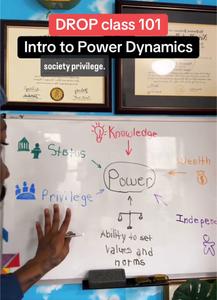
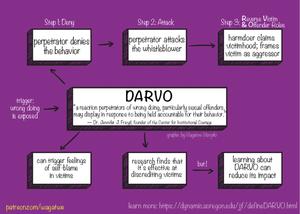
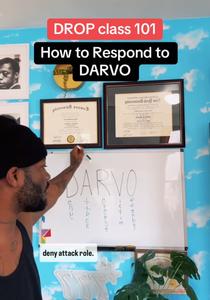
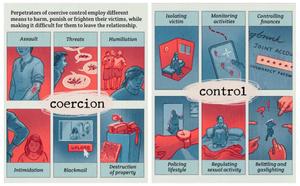
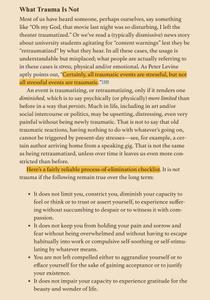

We talk a lot about the danger of dark alleys, but the truth is that in every country around the world the home is the most dangerous place for a woman. Of the 87,000 women killed globally in 2017, more than a third (30,000) were killed by an intimate partner, and another 20,000 by a family member.[1] In Australia, a country of almost 25 million, one woman a week is killed by a man she’s been intimate with.[2] These statistics tell us something that’s almost impossible to grapple with: it’s not the monster lurking in the dark women should fear, but the men they fall in love with.
— Jess Hill
[1]: United Nations Office on Drugs and Crime, Global Study on Homicide: Gender-related killing of women and girls, Vienna: UNODC, 2018.
[2]: Willow Bryant & Samantha Bricknall, Homicide in Australia 2012–2014: National Homicide Monitoring Program report, Canberra: Australian Institute of Criminology, 2017.
about 2 months ago

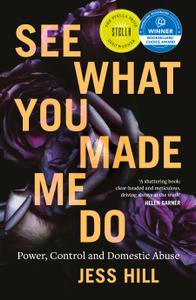
Among domestic violence researchers, there has been, for decades, heated debate about whether or not abuse is a gendered phenomenon. Statistically, there are far more women in need of support in fleeing situations of domestic violence than there are men. However, studies that measure the use of interpersonal violence (emotional and physical) find that people of all genders tend to use violence against their partners at almost identical rates.
— Lee Shevek